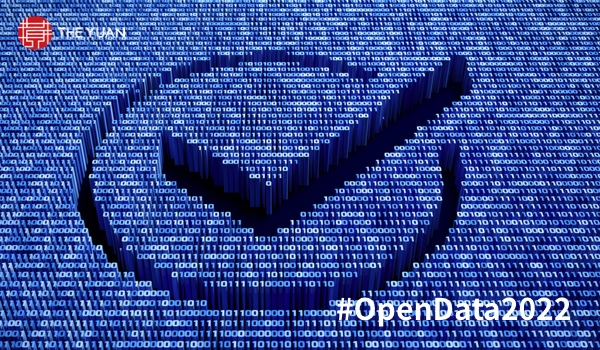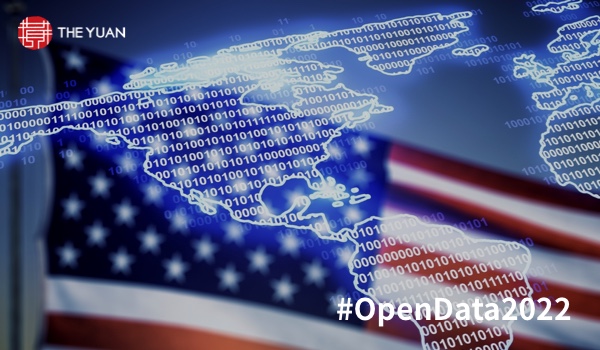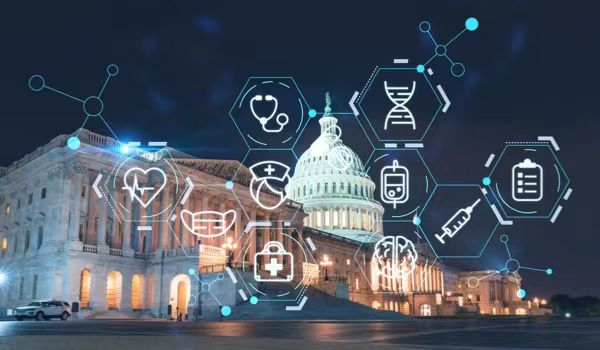


SINGAPORE - Open access to medical data is generally a good idea, but by itself is not a panacea and will provide only limited benefits. The best reason for having open access is that many artificial intelligence (AI) systems implemented in healthcare are often worse than existing systems. Verification is needed before new AI systems can be implemented, and open access is a prerequisite for it.
One example of this can be seen in a recent study, which found that algorithms from the leading supplier, Epic, failed to identify 67 percent of patients with sepsis, while 88 percent of those it identified as having sepsis did not actually have it, according to the first test of Epic’s algorithms. And this was not because Epic did not have sufficient data. Epic after all is the largest United States electronic health records company, maintaining medical information for 180 million patients. Using the slogan ‘with the patient at the heart,’ it offers 20 proprietary AI algorithms designed to identify different illnesses and predict lengths of hospital stays.
Second, the US Food and Drug Administration has approved more than 80 algorithms in the US and the European Union has greenlighted a similar number. Yet studies find that radiologists believe medical imaging has a far lower performance than existing systems. In one survey, only 5.7 percent of users reported that AI always works, while 94.3 percent reported inconsistent performance and the last 2 percent reported that AI never works. The World Health Organization noted that “few such systems have been evaluated in prospective clinical tria
The content herein is subject to copyright by The Yuan. All rights reserved. The content of the services is owned or licensed to The Yuan. Such content from The Yuan may be shared and reprinted but must clearly identify The Yuan as its original source. Content from a third-party copyright holder identified in the copyright notice contained in such third party’s content appearing in The Yuan must likewise be clearly labeled as such. Continue with Linkedin
Continue with Linkedin
 Continue with Google
Continue with Google









 1550 views
1550 views









2022-07-04